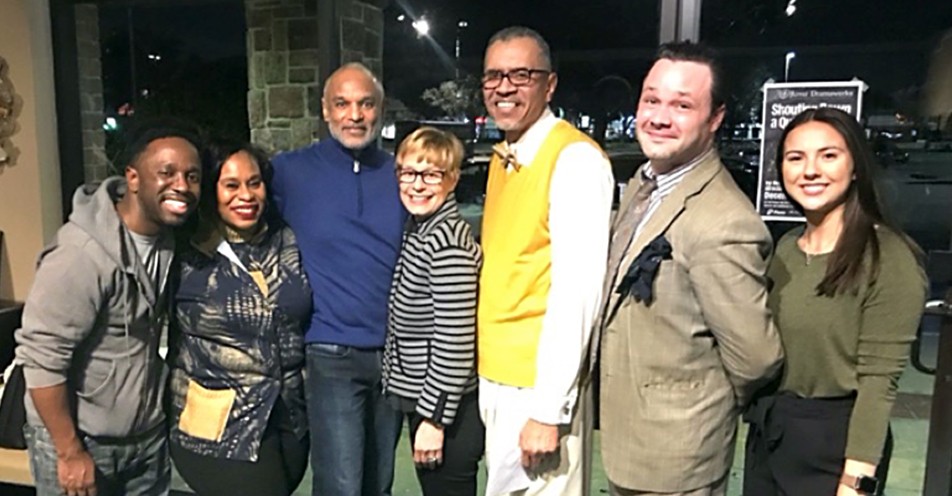
By: Sister Tarpley, NDG Religion Editor
This is a requested column, for your information; perhaps you will learn something that you didn’t know.
Story of the Candy Cane
It is told that a Candy Maker in Indiana made a candy that witnessed Christ; a Christmas candy cane. He incorporated several symbols for the birth, ministry, and death of Jesus Christ.
He began with a stick of pure white, hard candy. The color white symbolizes the virgin birth and the sinless nature of Jesus. The hard part of the candy symbolizes the solid rock, the foundation of the Church and firmness of the promises of God.
The candy shape is in the form of a “J” to represent the precious name of Jesus, who came to earth as our Savior. It also represents the staff of the “Good Shepherd” with which Jesus reaches down into the ditches of the world to lift out the fallen lambs that have gone astray.
The Candy Maker used three small stripes to show the stripes of the scourging Jesus received by which we are healed. The large red stripe is for the bloodshed by Christ on the cross so that we could have the promise of eternal life.
Unfortunately, the candy is now known as a Candy Cane; a meaningless decoration seen at Christmas time.
But the meaning is still there for those who, “Have eyes to see and ears to hear.” Pray that this symbol will again be used to witness Jesus and His ultimate and dominant force in the universe today.
Watch Night Services
December 31, 2019, will end with “Watch Night Services” at various churches in America. For 100 years or more, my ancestors celebrated “Night Watch Services” every December 31st; and later, I did the same with my children not knowing the meaning of the annual celebration.
From my cousin, Vickie Terry Byrd I learned the history of Watch Night Service; a tradition that brings fond memories to me. Perhaps this story will educate and enlighten you, or at the very least bring back loving memories of your past.
Many of you who grew up in Black communities in America have probably heard of “Watch Night Services” (the gathering of Christians in church on New Year’s Eve.) Service usually begins anywhere from 9 p.m. or 10 p.m. and ends at midnight with a prayer into the New Year.
Some people go to church before going out to celebrate the New Year. For others, the church is their only New Year’s Eve celebration.
I always assumed that Watch Night Service was a fairly standard Christian religious service – a bit more Afro-centric because that’s what happens when elements of Christianity become linked with the Black Church.
It seemed that predominantly Anglo Christian churches did not include Watch Night Services on their calendars in the past, but focused on Christmas Eve programs.
In fact, there were instances where clergy in mainline denominations wondered aloud about the propriety of linking religious services with a secular holiday like New Year’s Eve.
However, there is a reason for the importance of New Year’s Eve Services in Black congregations; it can be traced back to gatherings on December 31, 1862, also known as “Freedom’s Eve.”
On that night, Blacks came together in churches and private homes all across the nation, anxiously awaiting the news that the Emancipation Proclamation actually had become law.
Then, at the stroke of midnight, it was January 1, 1863; this meant that all slaves in the Confederate States were declared legally FREE. When news was received, there were prayers, shouts and songs of joy as people fell to their knees and thanked God.
Some Black folks have gathered in churches on New Year’s Eve every since; and there are praises to God for bringing families safely through another year.
It’s been 157 years since that First Freedom’s Eve in Texas; many of us were never taught the African America’s history of Watch Night, but custom still brings us together at this time every year to celebrate how God blessed us.




